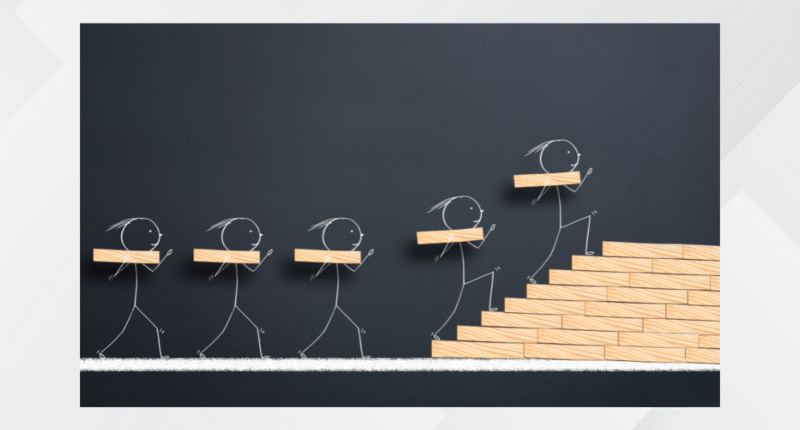Small and medium-sized enterprises (SMEs) often face resource constraints, tight budgets, and competitive pressures. Implementing Kaizen, the Japanese philosophy of continuous improvement, can provide significant advantages for SME business owners. By focusing on small, incremental changes, businesses can achieve measurable improvements without heavy investments. Here are five key benefits of Kaizen for SMEs.
1. Increased Operational Efficiency
Kaizen encourages SMEs to analyze workflows, eliminate unnecessary steps, and optimize processes. By reducing bottlenecks and improving task coordination, businesses can increase productivity and make better use of limited resources. This improvement not only enhances output but also allows employees to focus on high-value tasks, contributing to overall efficiency.
2. Cost Reduction
One of the most tangible benefits of Kaizen is cost savings. By identifying waste in production, inventory, and administrative processes, SME owners can reduce unnecessary expenses. Small, continuous improvements, such as optimizing material usage, streamlining supply chains, or minimizing energy consumption, can accumulate over time to significantly lower operational costs.
3. Enhanced Employee Engagement
Kaizen thrives on employee involvement. When staff members are encouraged to contribute ideas for process improvement, it fosters a sense of ownership and accountability. Engaged employees are more motivated, innovative, and committed to achieving business goals. For SMEs, this is particularly valuable, as smaller teams rely heavily on each member’s contribution to overall success.
4. Improved Product and Service Quality
Continuous improvement practices help SMEs maintain and enhance the quality of their products and services. Kaizen emphasizes standardization, problem-solving, and error reduction. By consistently monitoring processes and implementing incremental changes, businesses can minimize defects, enhance customer satisfaction, and build a strong reputation in the market.
5. Competitive Advantage and Business Growth
Implementing Kaizen positions SMEs for long-term competitive advantage. Companies that continuously refine processes, reduce waste, and engage employees are more agile, responsive to market changes, and capable of sustaining growth. Over time, these improvements contribute to increased profitability, customer loyalty, and a stronger market presence.
Implementing Kaizen Successfully in SMEs
To fully realize these benefits, SME owners should promote a culture of continuous improvement, involve employees at all levels, and use practical tools such as 5S, value stream mapping, and standard operating procedures (SOPs). By embedding Kaizen into daily operations, SMEs can achieve operational excellence, cost efficiency, and sustainable growth.









